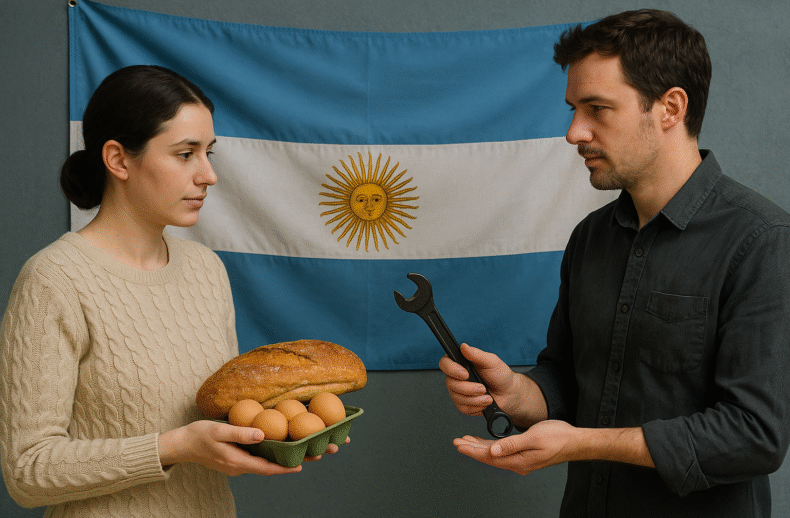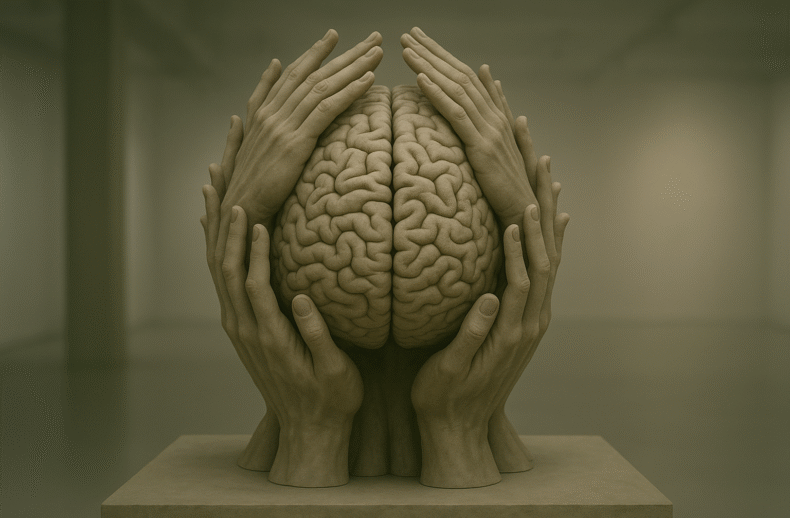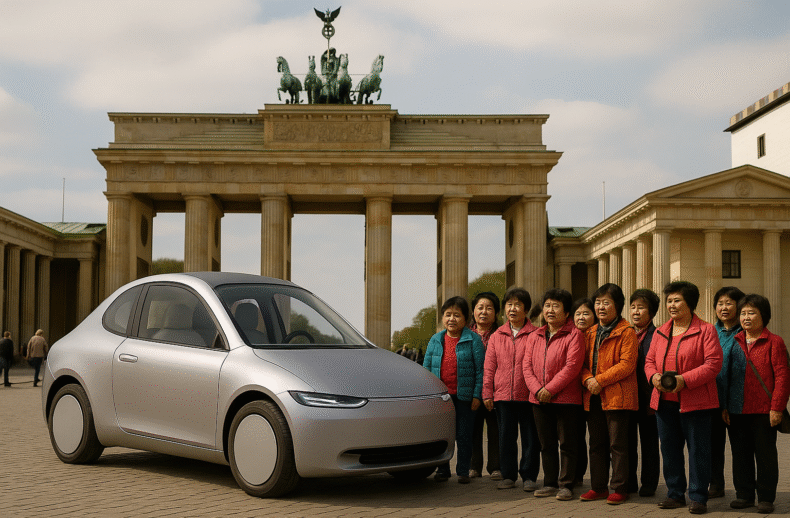As Argentina’s official economy collapses under the weight of inflation and debt, its people turn to barter—not out of nostalgia, but out of necessity. This shift reveals a deeper structural truth: when trust in money and paper promises vanishes, real value returns to the surface. Eggs for tools. Bread for services. In this raw exchange, the illusion of growth fades, and a new kind of economy quietly re-emerges—one built on direct need, mutual function, and human clarity. This is not just survival. It is the seed of Eidoism.













